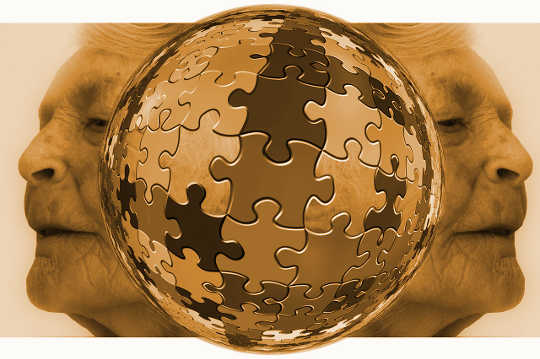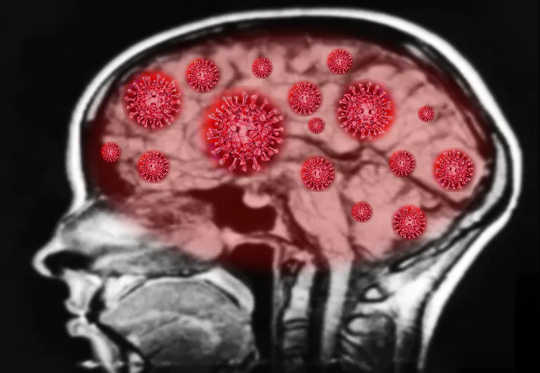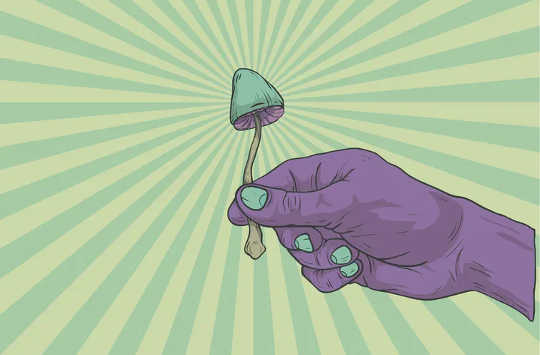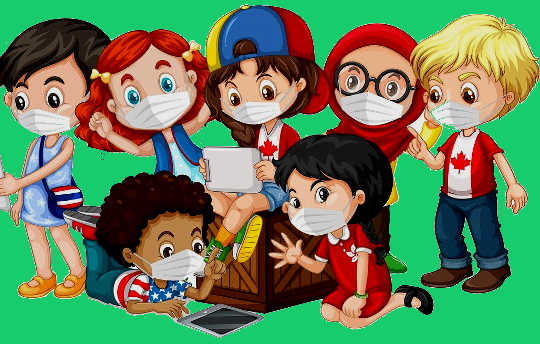- By Kara Gavin

Surviving a case of COVID-19 that is bad enough to land you in the hospital is hard enough. But the problems don’t necessarily end when COVID-19 patients leave the hospital, a new study shows.
- By Karl Bates

A group of middle-aged adults had some small but significant changes in brain structure more than three decades after lead exposure in childhood, research found.
- By Josh Milburn

The Singapore Food Agency has approved “chicken bites” containing meat made from real chicken cells that were grown outside of a chicken’s body.
- By Adam Collins

The “metabolic confusion” diet is one of the latest fad diets to be blowing up on social media. Like many fad diets, it promises you can lose weight while still eating what you want.

Participants in a new study who used e-cigarettes in the past were 21% more likely to develop a respiratory disease, and people who currently used them had a 43% increased risk, researchers report.

Have you been hitting the gym again with COVID restrictions easing? Or getting back into running, cycling, or playing team sports?

COVID-19 can do some pretty scary things to the human heart. It can trigger blood clots in severe cases and cause inflammation and scarring.

Of all frightening ways that the SARS-COV-2 virus affects the body, one of the more insidious is the effect of COVID-19 on the brain.

A close friend – let’s call him John – recently called, asking for advice. He woke up with severe muscle aches and fatigue. Understandably worried that it could be COVID-19, he asked whether he should go to work, run to get a test or stay home.
- By Hazel Flight

One of life’s true miracles, the humble egg is maybe one of the most versatile foodstuffs on the planet. It’s formed in 24 to 26 hours and hens can lay up to 250 eggs a year.

As the world digs in for another wave of COVID-19, flu season and winter, people also face a serious risk from reduced physical activity — especially older adults.
- By Holly Thorpe

For many people, outdoor recreation activities are part of their coping strategy during times of high stress. Connecting with the natural environment is an important contributor to their sense of identity, community and belonging.

Can psychoactive drugs be used to treat mental health problems? The idea has been around for years, and recently received some attention in the media.
- By Emma Kinrade

There’s no shortage of articles and resources out there offering people advice on the best ways to lose weight.

It’s autumn, the best season for mushroom pickers. And mushrooms – specifically magic ones – are in the spotlight. A growing body of research is showing that psilocybin, the main psychoactive compound in magic mushrooms, has potential in treating psychological disorders like...

Many of us might not be as fit as we were before the pandemic hit, and as community sport restarts and gyms reopen across the country amid eased coronavirus restrictions, some people might be at increased risk of injury.

I live in a democracy. But as Thanksgiving approached, I found myself longing for the type of freedom I am seeing in China.

The world we perceive, conceptualize, and think we know is only a surface reality. Underneath it lies a magical realm, more elusive and yet more vivid. Every philosophical, spiritual, and religious tradition, every art form, in every corner of the globe, in every century of human existence, teaches about this deeper reality.

Periods of lockdown represent a massive disruption to people’s daily routines, but they also offer an opportunity to establish new habits.

Adults with the healthiest sleep patterns in a new study had a 42% lower risk of heart failure regardless of other risk factors compared to adults with unhealthy sleep patterns.

As the northern hemisphere moves into winter, coronavirus rates are rising in parts of Europe and the USA. Experts are warning of a long winter ahead as COVID-19 and influenza put the squeeze on hospitals and other healthcare facilities.

So sensitive are we to sound that noise pollution has been called the most common modern health hazard. High levels of unpleasant sounds cause blood vessels to constrict; increase the blood pressure, pulse, and respiratory rates; release extra fats into the bloodstream; and cause the blood's magnesium level to fall.

Older adults, especially those over 65, have five times the risk of hospitalization and 90 times the risk of death from COVID-19 compared with younger adults.
















